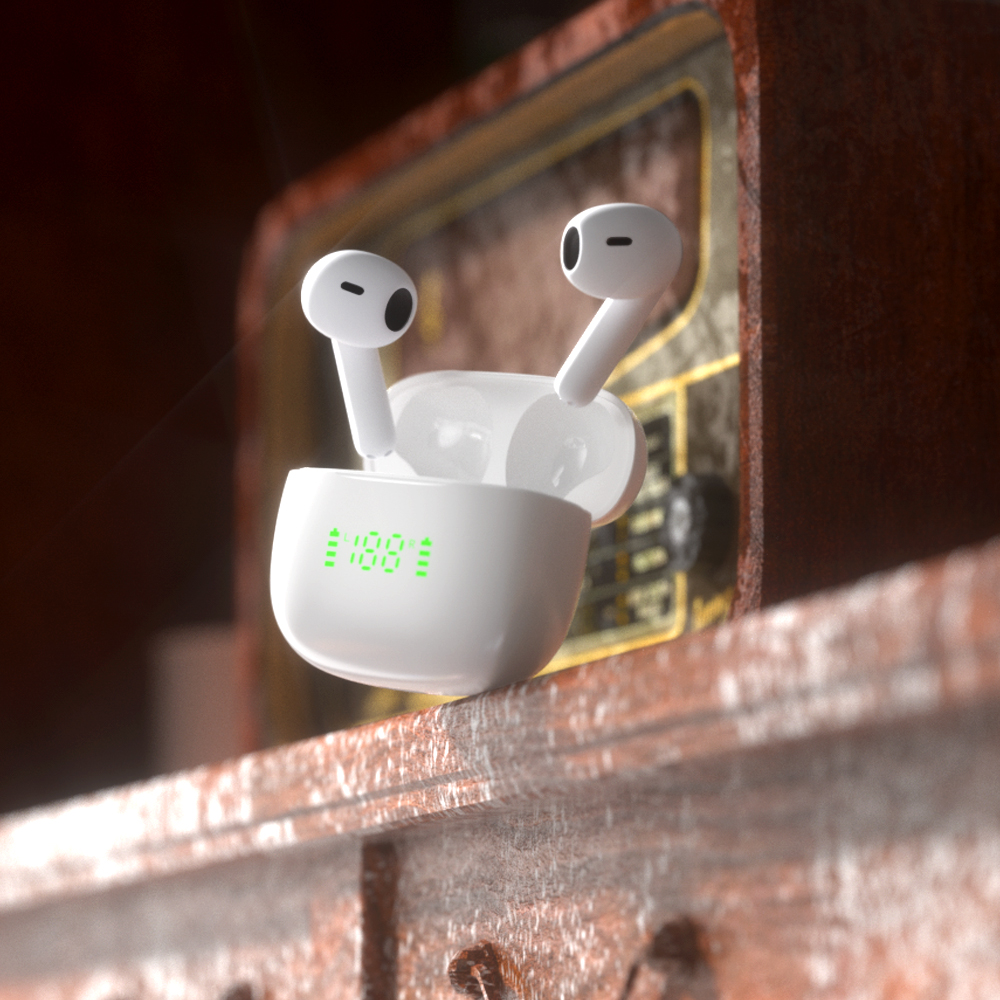Noise cancelling technology has revolutionized the way we experience audio in various environments. But a common question that often arises is, “Does noise cancelling block voices?” To answer this query, we delve into the intricate workings of Active Noise Cancellation (ANC) technology and its effectiveness in dealing with human voices amidst the cacophony of surrounding sounds.
Understanding Noise-Cancelling Technology
Active Noise Cancellation, often referred to as ANC, is a technology designed to counteract unwanted ambient sounds. It works by employing microphones to capture incoming sounds, then generating sound waves with the exact opposite phase to cancel out the undesired noise. While this technology excels at eliminating constant, low-frequency sounds like the hum of engines or the drone of air conditioners, it is important to explore how effective it is when it comes to human voices.

The Complexity of Human Voices
Unlike consistent low-frequency sounds, human voices are dynamic and multi-tonal. Voices vary in pitch, frequency, and modulation, making them a challenging task for noise cancelling technology to fully suppress. Additionally, voices often contain both high and mid-frequency elements, which can be more difficult to cancel out than steady, low-frequency hums.
The Impact of ANC on Voices
The effectiveness of ANC in blocking voices depends on several factors, including the design of the noise cancelling algorithm, the quality of the microphones, and the specific frequencies of the voices. In general, ANC technology is better at reducing constant background noises than the dynamic, intricate nature of human speech.
While some ANC headphones and earbuds can indeed attenuate voices to some extent, they may not completely eliminate them. In environments with consistent background noise, ANC can significantly diminish the audibility of voices, but in quieter settings or conversations, voices may still be perceptible to some degree.
Real-World Scenarios
In real-world scenarios, the effectiveness of ANC in blocking voices varies. For example, on an airplane, where the constant hum of the engines can be effectively suppressed by ANC, you might find that nearby conversations are noticeably muffled but not entirely eradicated. However, in a crowded coffee shop where voices and other ambient sounds are dynamic and diverse, ANC might struggle to completely eliminate all voices.

Choosing the Right ANC Device
When selecting an ANC device, it’s crucial to consider the manufacturer’s specifications and user reviews regarding the ANC’s performance in real-world situations. Some higher-end models might incorporate advanced algorithms and multiple microphones to address voice suppression more effectively.
Conclusion
In conclusion, while ANC technology can indeed reduce the audibility of voices in certain environments, it might not completely block them out due to the complexity and variability of human speech. When seeking ANC devices, it’s essential to have realistic expectations and choose models that have demonstrated their effectiveness in real-world scenarios. As ANC technology continues to evolve, we may see improvements in its ability to handle dynamic sounds like human voices.
Read More:




